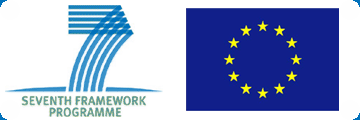What Role for Sub-Saharan Africa in Europe’s Energy Policies?

As in other policy areas, the Africa–EU partnership inaugurated in 2007 promises a new beginning for energy relations between the two regions. A new beginning designed to increase Europe’s access to sub-Saharan African energy sources, but also supposedly to ensure that in qualitative terms EU approaches to energy security become more conducive to development.
This paper examines the three ostensibly core dimensions of Europe’s evolving policy in Africa. First, the incorporation of the continent into European external energy security policy. Second, the claimed coherence between development and energy security aims in Africa. And third, the governance dimensions of how energy sectors are managed in Africa. It highlights the incipient potential for an approach to energy that is sensitive to issues of development and good governance. In this sense, Africa compares favourably to EU energy policies in other regions. But the overall record is patchy. The paper puts forward five areas of tension in EU policy that militate against an effective link between energy security, development and governance policies.
About the author:
Richard Youngs is Coordinator of the Democratisation programme at FRIDE. He also lectures at the University of Warwick in the UK. Prior to joining FRIDE, he was EU Marie Curie Research Fellow from 2001 to 2004.
He studied at Cambridge (BA Hons) and Warwick (MA, PhD) universities, and previously worked as Analyst at the Foreign and Commonwealth Office, United Kingdom.
Several of his recent publications have focused on the relationship between security interests and democracy promotion. He is currently writing a book on the EU's energy security policies.
